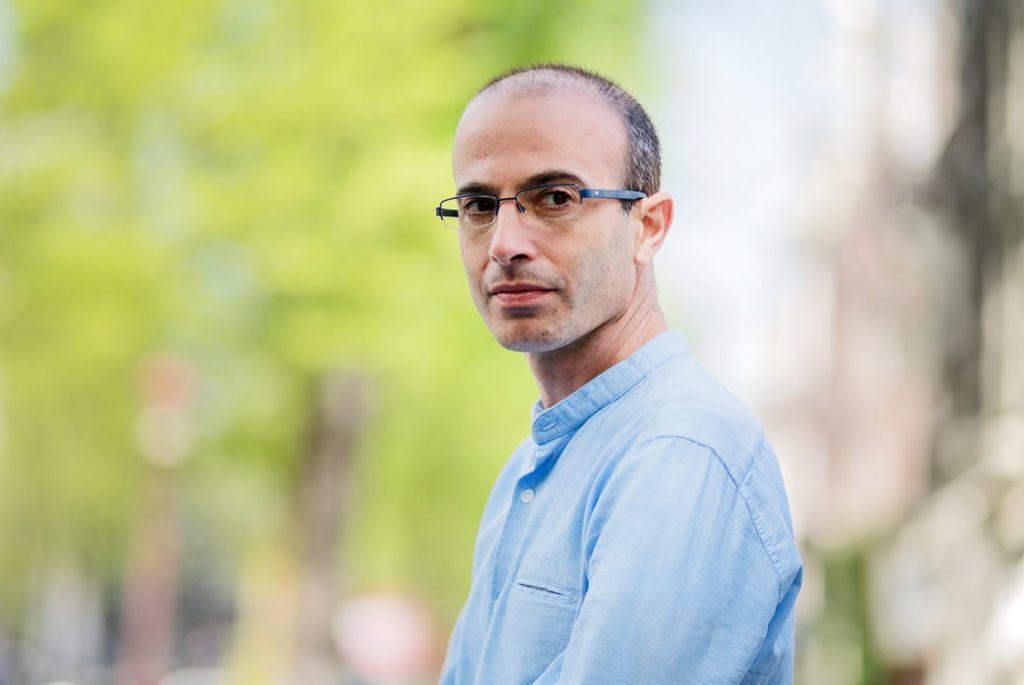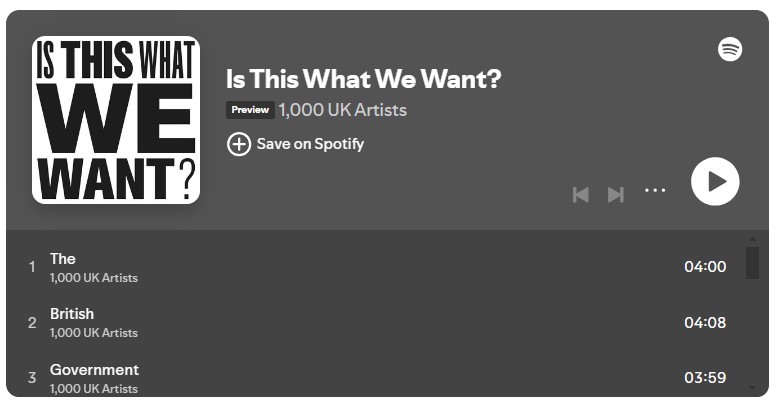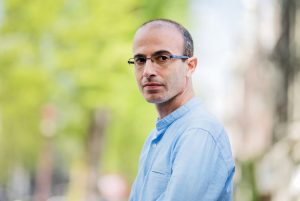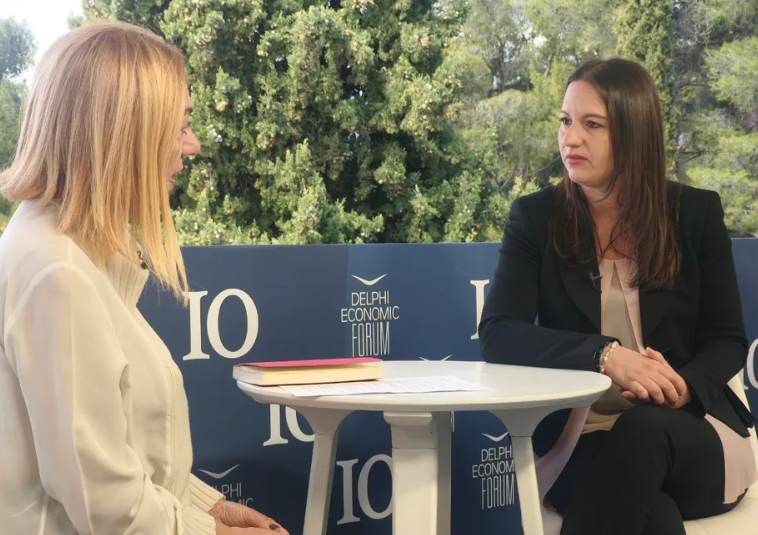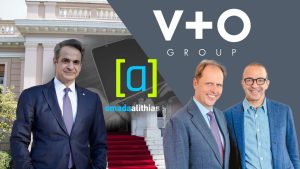In a statement against proposed changes to the United Kingdom’s copyright laws, over 1,000 musicians have collaborated and released a silent album titled “Is This What We Want?”
This unconventional project, unveiled on Tuesday, aims to challenge legislative adjustments that could allow technology companies to utilize artists’ works for artificial intelligence training without compensating the original artists or giving credit where it’s due.
The UK’s proposed legal modifications would allow AI developers to train their models on any material they have access to, effectively requiring creators to preventatively opt out to disallow their work from being used. In turn, the artistic community argues that these modifications undermine the foundational principles of copyright law by stripping creators of exclusive control over their work.
Kate Bush, whose 1985 hit “Running Up that Hill” gained a new generation’s praise due to its feature in Netflix’s “Stranger Things,” voiced her concerns, stating to Reuters, “In the music of the future, will our voices go unheard?”
The silent album is made up of several recordings of empty studios and performance spaces, symbolizing the potential erasure of artists’ unique contributions if the changes are put into place. The album’s 12 tracks spell out the message “The British government must not legalise music theft to benefit AI companies.”
This protest aligns with broader concerns on the behalf of creative industries regarding the ethical and legal ramifications of AI models generating creative content based on existing works. Prime Minister Keir Starmer’s ambition to position Britain as an “AI superpower” has escalated these debates, as artists are critiquing the proposed legislation for prioritizing technological advancement over the rights and livelihoods of artists of all kinds.
In a letter drafted to The Times by beloved musicians Andrew Lloyd Webber, Elton John, and Paul McCartney, the three strongly cautioned against the potential exploitation of artists through AI and implored the government to ensure that copyright reforms protect the creative community.
The UK government maintains that no final decisions have been made. However, the collective action of releasing a silent album identifies a significant breaking point for artists who feel unheard. The punishment is silence, which may be replicated by AI, but may never feel as eerily human.
